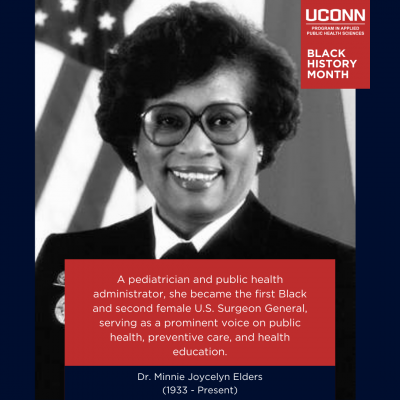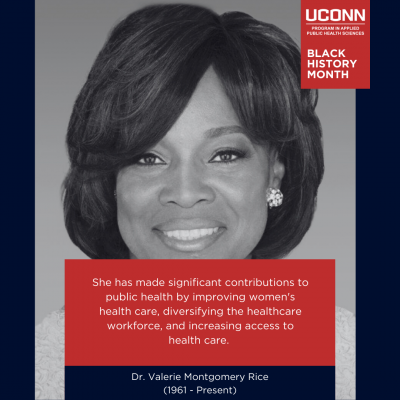Black History Month is a time to honor the invaluable contributions Black Americans have made to every facet of our society, including the field of public health. From groundbreaking medical research to transformative public health leadership, these pioneers have paved the way for healthier communities and more equitable healthcare systems. Their work continues to influence how we approach public health today, reminding us that with dedication and a passion for service, anyone with a public health degree can make a lasting impact.

Dr. William Augustus Hinton
Dr. William Augustus Hinton (1883-1959) was a trailblazing bacteriologist, pathologist, and educator who became the first Black professor at Harvard and the first Black author of a published medical textbook. Despite facing racial barriers that prevented him from becoming a surgeon, Dr. Hinton revolutionized public health by developing a more accurate and less painful syphilis detection test, later adopted by the U.S. Public Health Services. His commitment to improving diagnostic methods has had a lasting impact on public health practices, showcasing how research and innovation can lead to better health outcomes for communities.

Dr. Roselyn Epps
Dr. Roselyn Epps was a dedicated maternal and child health advocate and public health professional who became the first African American national president of the American Medical Women’s Association. She worked tirelessly in smoking prevention and cancer research, and she made history as Washington, DC’s first acting commissioner of public health. Her leadership and commitment to addressing health disparities have influenced policies that continue to benefit vulnerable populations today, highlighting the importance of advocacy and leadership roles in public health.

Dr. Minnie Joycelyn Elders
Dr. Minnie Joycelyn Elders, a pediatrician and public health administrator, broke barriers as the first Black and second female U.S. Surgeon General. Known for her outspoken advocacy on public health issues, preventive care, and health education, Dr. Elders brought national attention to critical topics such as adolescent health, sexual education, and health disparities. Her fearless approach to addressing taboo topics demonstrated the power of public health professionals to influence national conversations and policies, inspiring future leaders to champion comprehensive health education and equitable care.

Dr. Valerie Montgomery Rice
Dr. Valerie Montgomery Rice, a distinguished physician and researcher, is the first woman to serve as President and Dean of Morehouse School of Medicine. She has dedicated her career to advancing health equity, improving healthcare access in underserved communities, and promoting diversity in medical education. Her work exemplifies how public health professionals can drive systemic change by addressing the social determinants of health and fostering inclusive environments in healthcare and academia.
You are the future of Public Health
These pioneers remind us that public health is more than just a field—it’s a powerful tool for change. Their achievements show that with a degree in public health, you can contribute to groundbreaking research, influence policy, lead organizations, and improve the health of entire communities. As we celebrate their legacies, let their stories inspire you to pursue your passions in public health and make your own mark on the world. If you would like to get a degree visit here: https://mph.uconn.edu/admissions/